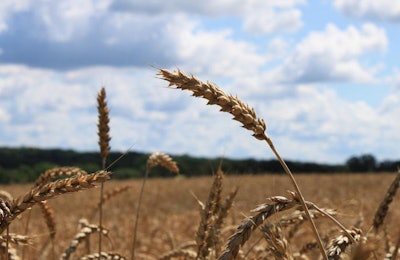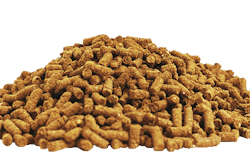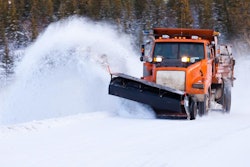
Early winter predictions of winter wheat damage seem to be holding true. “Winterkill is affected by temperatures and the wheat plant’s establishment,” said Justin Gilpin, CEO of the Kansas Wheat Commission and Kansas Association of Wheat Growers.
“Certainly, the southern Plains have had prolonged, very cold temperatures on a crop that didn’t have significant snow cover for protection and more risk for the later planted wheat,” said Gilpin. That, combined with dry conditions highlighted by the drought monitor report, are playing into the significant decline in Kansas wheat crop ratings, he said.
Crop ratings are rough for Kansas wheat crop. “49 percent of the crop was poor to very poor as of Monday,” Gilpin explained. Drought is the primary concern. The impact of prolonged cold temperatures in mid-April are beginning to show.
“Wheat Quality Council winter wheat tour is next week, so I am sure there will be a lot of attention on the Kansas wheat crop conditions and potential or lack thereof,” he said.
Other industry professionals have taken to social media to discuss the quality of the winter wheat crop in Kansas. Gilpin shared that one man found 60 percent of the stems he tested had freeze damaged heads in a particular field near Newton, Kansas.
Another professional shared with Gilpin that they had seen 50 percent damage to heads tested in their area.
Previous predictions
“Spring rains are always the significant determinant on how the hard-red winter crop fares” Gilpin noted in January. He predicted that this year’s crop would potentially need more-than-favorable spring conditions.
Also in January, Steve Mercer, vice president of communications with the U.S. Wheat Associates Inc., explained that the Plains winterkill could become an issue, but any potential effect would not be known until wheat comes out of dormancy in the spring.
Mercer added:, “Overall, the world has a very large surplus of wheat, so it would take a major weather-related supply shock to affect farm gate prices. Outside the U.S., planted area is large and no substantial weather concerns are in the news.”















